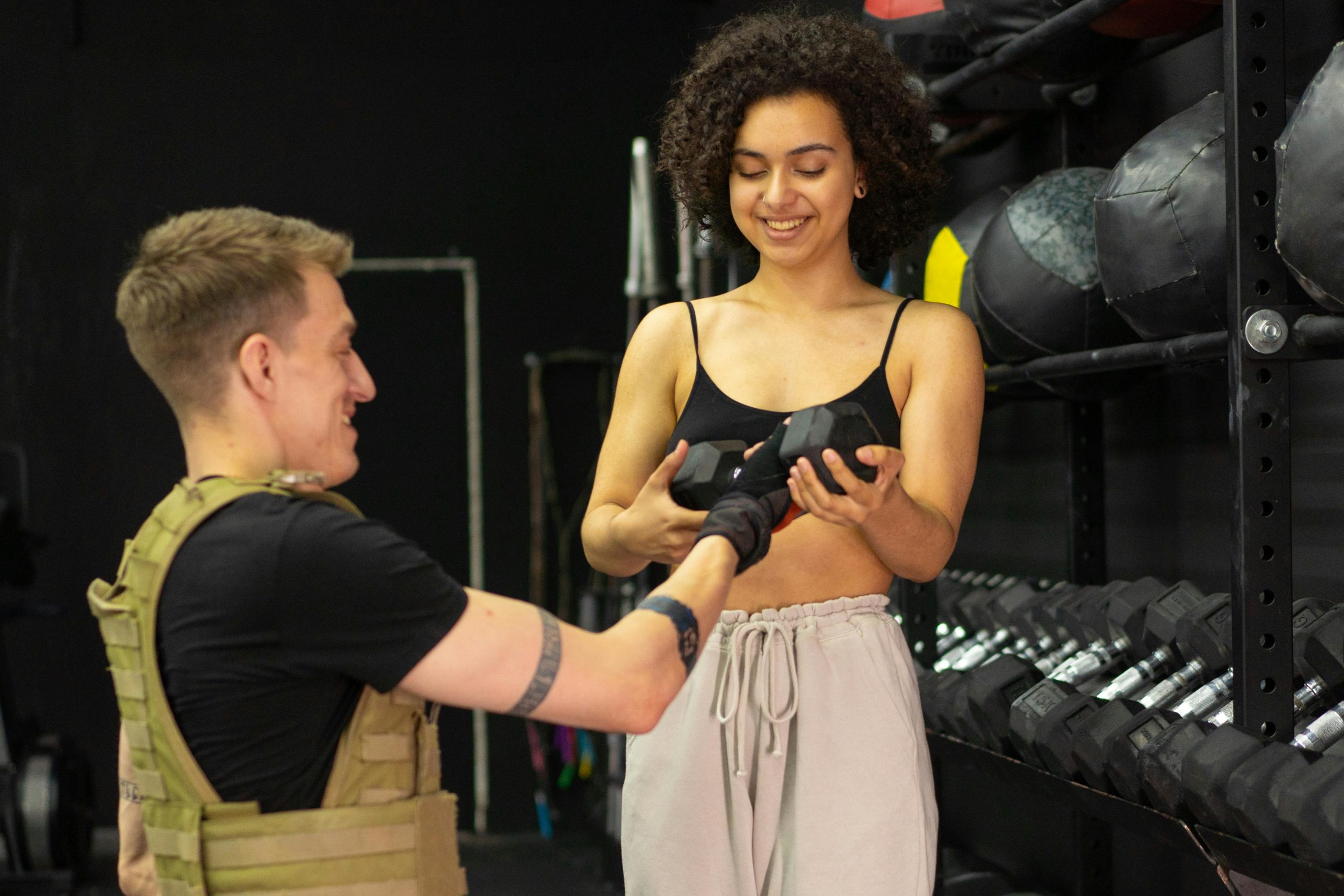Embracing Self-Education: A Journey to Learning from Scratch
Embarking on a self-education journey can be both exciting and daunting, especially when you’re starting from the ground up. Whether due to chronic illness or other life circumstances that may have limited formal education, it’s never too late to empower yourself with knowledge and skills. If you find yourself in a similar situation and are looking for ways to kickstart your learning, you’re not alone, and there are plenty of resources at your disposal.
-
Set Clear Learning Goals
The first step in your self-education process is to establish what you want to learn. Are you looking to develop specific skills for a career, delve into a subject you’ve always been passionate about, or simply broaden your horizons? Defining your objectives will help you stay focused and motivated. -
Utilize Online Learning Platforms
The internet is a treasure trove of educational resources. Websites such as Coursera, Udemy, and Khan Academy offer a vast array of courses, many of which are free or available at a reasonable price. These platforms often feature courses taught by industry experts and academic professionals, giving you access to high-quality education from the comfort of your own home. -
Explore E-books and Audiobooks
If you prefer reading or listening to learn, consider investing in e-books or audiobooks. Services like Kindle Unlimited or Audible provide extensive libraries where you can find a wealth of knowledge on various topics. Many public libraries also offer free access to electronic resources, so don’t hesitate to check that option as well. -
Engage with Communities
Joining forums, social media groups, or local clubs related to your areas of interest can provide invaluable support and motivation. Engaging with others who share your passion not only allows you to exchange knowledge but also helps to keep you accountable in your learning journey. -
Invest in Subscriptions
If you’re ready to make a financial commitment to your education, consider looking into online subscription services. Platforms like MasterClass, LinkedIn Learning, and Skillshare offer monthly subscriptions to access extensive libraries of courses across various fields. This can be a worthwhile investment for structured learning. -
Follow a Structured Schedule
Create a routine that allocates specific times for studying. Consistency is key to self-education, so setting aside regular, dedicated time will help you build a habit. Keep it flexible but aim for a balance that suits your lifestyle and energy levels. -
Be Kind to Yourself
Remember that self-education is a personal journey. Progress may vary due to various factors, and that’s perfectly okay. Celebrate your achievements, no matter how small, and don’t hesitate to adjust your methods if something isn’t working for you.
Self-education is an empowering undertaking that can transform your life. With a wealth of resources available and a clear plan in place, you’ll be well on your way to achieving your learning goals. Embrace the process, stay curious, and most importantly, enjoy the journey. Your future self will thank you!

Absolutely, starting a self-education journey from scratch is not only possible but can also be incredibly fulfilling, especially when you tailor it to your interests and needs. Given your unique situation, there are several strategies and resources that can help you build a structured learning path.
1. Defining Your Learning Goals
Before diving into resources, it’s helpful to clarify what you want to learn. Are you interested in academic subjects, vocational skills, or personal development? Consider making a list of topics that captivate you or skills that you want to acquire. This clarity will guide your resource selection.
2. Online Learning Platforms
Consider investing in structured online learning platforms that offer a wide range of courses:
3. Structured Study Plans
Creating a structured schedule can help you stay motivated and organized. Begin by dedicating specific times each week to your studies. Here’s how:
4. Supplementary Resources
5. Community Support and Peer Learning
Finding a supportive community can enhance your learning experience greatly. Here are a few options to consider:
6. Reflect and Adjust
Self-education is a dynamic process. Regularly reflect on what methods and resources are working for you. Adjust your approach based on your experiences; don’t hesitate to shift gears if something isn’t resonating.
7. Mindfulness and Mental Well-being
Given your chronic illness, it’s crucial to prioritize your mental and physical well-being. Incorporate breaks into your study schedule and engage in activities that reduce stress—yoga, meditation, or simply taking a walk in nature can help maintain a balanced approach to your studies.
Final Thoughts
Remember, self-education is a journey, not a race. Allow yourself the flexibility to explore different subjects and methods. With the right resources and a personalized approach, you can create a fulfilling and enriching educational experience that paves the way for your future success. Don’t hesitate to seek help along the way; many people have faced similar challenges and can offer valuable insights. Good luck on your educational adventure!